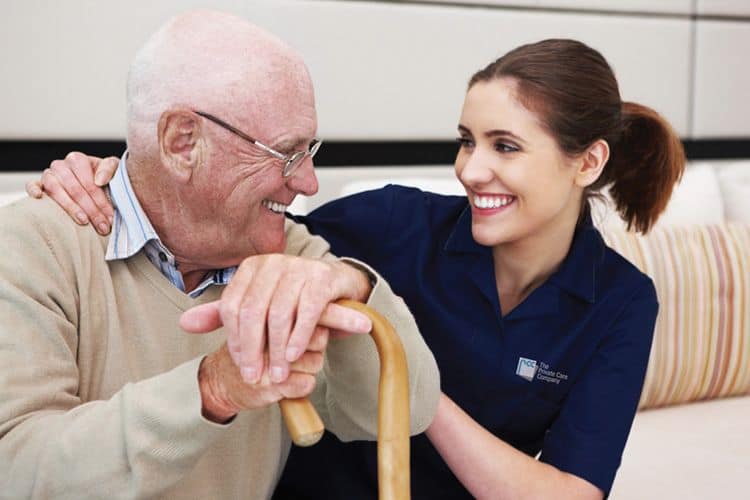

Reading books or newspapers, writing and dealing with correspondence Supporting clients to attend medical appointments Administrating medication and the collection of medications Getting in or out of bed or other moving about Bathing and other personal care tasks, dressing or undressing Shopping, menu planning, preparing and cooking meals, diet monitoring Household tasks - cleaning, plant care and gardening The Health and Personal Social Services (Quality, Improvement and Regulation)(Northern Ireland) Order 2003ĭomiciliary Care Agency Regulations (Northern Ireland) 2007ĭomiciliary Care Agencies National Minimum Standards (not published as at December 2007) Regulator: The Regulation and Quality Improvement Authority (RQIA) Legislation covering the homecare sector in Northern Ireland is not yet fully operational (as at December 2007). The Regulation of Care (Scotland) Act 2001 The Domiciliary Care Agencies (Wales) Regulations 2004 Regulator: The Care and Social Services Inspectorate Wales (CSSIW) The Health and Social Care Act 2008 (Regulated Activities) Regulations 2010 Regulator: The Care Quality Commission (CQC) The regulator's function is to ensure that home care agencies work within the applicable legislation:

Home care agencies are regulated by statutory bodies in three of the four home nations. The United Kingdom Home Care Association is the trade organisation for providers of care at home. Care is usually provided once or twice a day with the aim of keeping frail or disabled people healthy and independent though can extend to full-time help by a live-in nurse or carer. Homecare is purchased by the service user directly from independent home care agencies or as part of the statutory responsibility of social services departments of local authorities who either provide care by their own employees or commission services from independent agencies. For patients recovering from surgery or illness, home care may include rehabilitative therapies. In-Home Care is often a lower cost solution to long-term care facilities.įor terminally ill patients, home care may include hospice care. Government and Insurance providers are beginning to fund this level of care as an alternative to facility care. Individuals typically desire to remain independent and use Home Care services to maintain their existing lifestyle. These traditional differences in Home Care services are changing as the average age of the population has risen. Home Care (non-medical) has traditionally been privately funded as opposed to Home Health Care which is task-based and government or insurance funded. The term "private-duty" refers to the private pay nature of these relationships. Non-medical home care is paid for by the individual or family. These services help the client to stay at home versus living in a facility.

Caregivers work to support the needs of individuals who require such assistance. Care assistants may help the individual with daily tasks such as bathing, eating, cleaning the home and preparing meals.

The largest segment of Home Care consists of licensed and unlicensed non-medical personnel, including caregivers who assist the individual. This care is provided by registered nurses (RNs), licensed practical nurses (LPN's), physical therapists (PTs), occupational therapists (OTs), speech language pathologists (SLPs), home health aides (HHAs) and medical social workers (MSWs) as a limited number of up to one hour visits, addressed primarily through the Medicare Home Health benefit. These Medicare-certified services may include short-term nursing, rehabilitative, therapeutic, and assistive home health care. Home Health services help adults, seniors, and pediatric clients who are recovering after a hospital or facility stay, or need additional support to remain safely at home and avoid unnecessary hospitalization. Often, the term home health care is used to distinguish it from non-medical care, custodial care, or private-duty care which refers to assistance and services provided by persons who are not nurses, doctors, or other licensed medical personnel. In-home medical care is often and more accurately referred to as "home health care" or formal care.
#Dom care home health aide professional#
Care may be provided by licensed healthcare professionals who provide medical treatment needs or by professional caregivers who provide daily assistance to ensure the activities of daily living (ADLs) are met. Home care, (also referred to as domiciliary care, social care, or in-home care), is supportive care provided in the home.


 0 kommentar(er)
0 kommentar(er)
